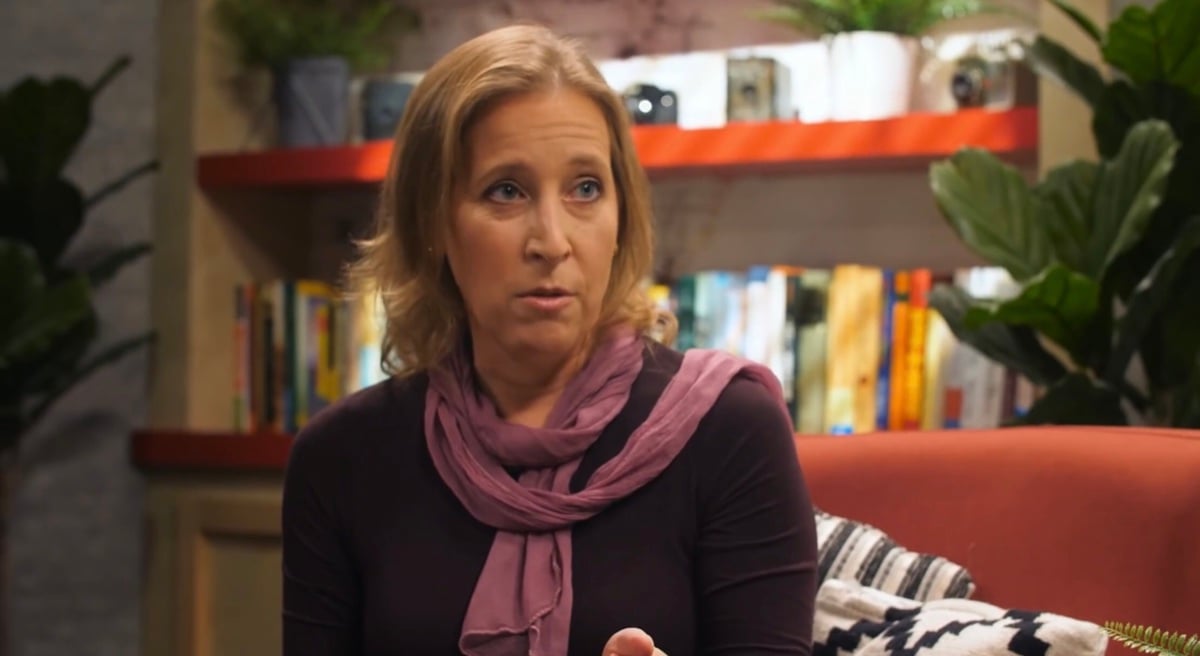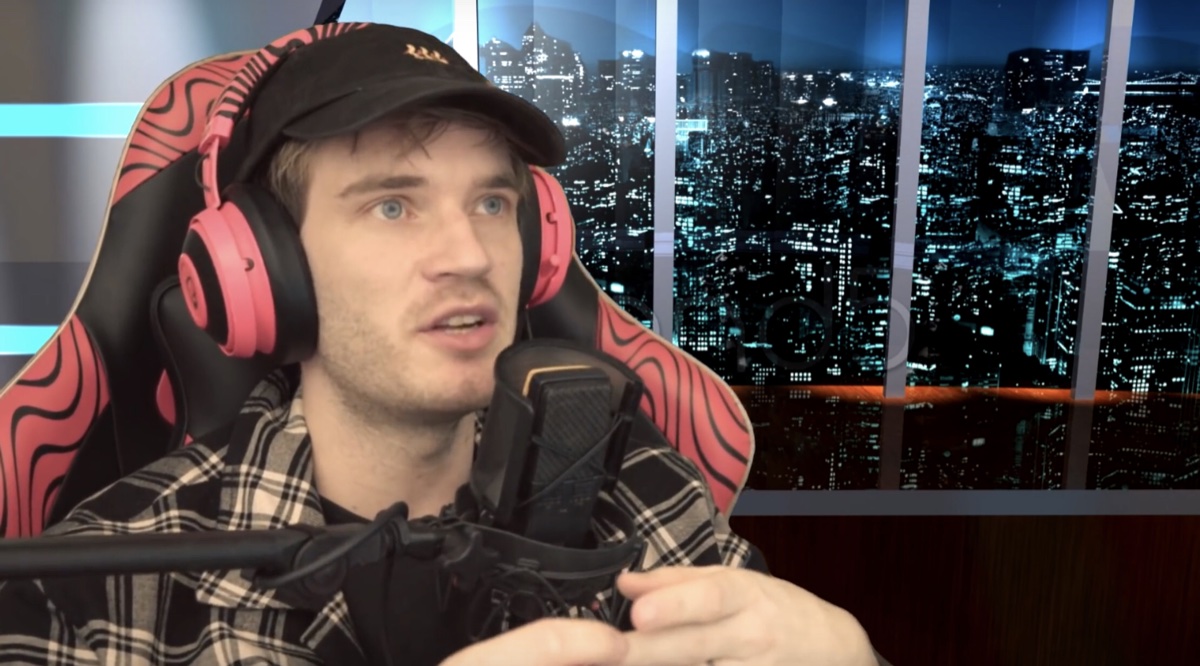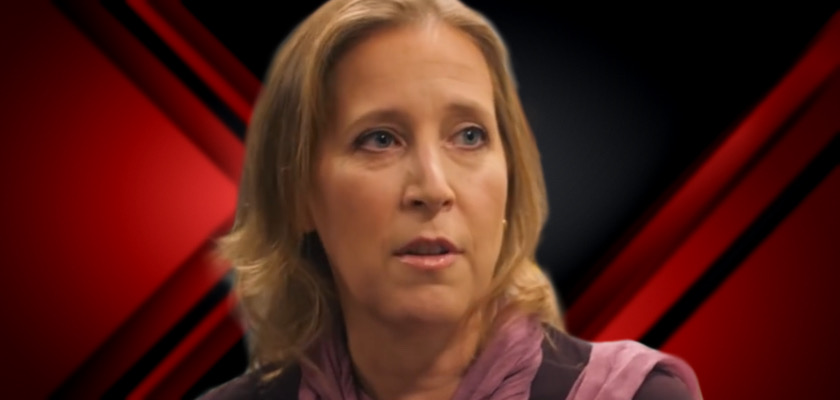YouTube’s statements and policy changes over the last year have caused many in the creator community to question whether its ultimate goal is to transform the site into something that’s dominated by corporations and mainstream celebrities instead of the independent YouTubers who helped build it up.
However, in a recent interview with Eugene Lee Yang of The Try Guys, YouTube CEO Susan Wojcicki insisted that the platform doesn’t “have some kind of ulterior goal.”
During the interview, Wojcicki was asked what she thinks is “the biggest misconception about YouTube.”

“I would say there are always lots of different conspiracy theories about what YouTube’s really up to. And YouTube is a place where we have people come to work every day and their goal is to build a better service,” Wojcicki answered. “YouTube is a company with thousands of people working hard to do everything they can for creators to build a great experience for creators.”
Wojcicki didn’t specify what she meant by “what YouTube’s really up to” but she did reference comments from users about YouTube’s “ulterior goal”:
“A lot of times we read the comments and people think that we are, have some kind of ulterior goal, which we don’t. Our goal is just how to build a better experience and I wish more people saw that because we’re really trying and we’re trying to build a great experience.”
Click here to display content from YouTube.
Learn more in YouTube’s privacy policy.
Wojcicki’s comments come after its recently updated harassment policy, which punishes creators that go “too far” with language, was criticized for punishing YouTubers for certain types of behavior but allowing late night talk show hosts to continue engaging in that same behavior.
Click here to display content from X.
Learn more in X’s privacy policy.
When YouTuber PewDiePie pressed YouTube for an answer on this and cited these hosts’ relentless criticism of President Trump as an example, YouTube responded by saying that they’re allowed to do this under an “American media rule” that says “you can ridicule public figures.”
However, PewDiePie pointed out that this answer from YouTube doesn’t really make sense:
“Aren’t we all public figures on YouTube? Isn’t that the point? This doesn’t make sense to me. Why do they get a pass and some don’t? It seems very selective. If someone understands, explain it to me. I don’t understand this. It should be the same.“

Wojcicki also recently said that YouTube won’t recommend YouTubers during breaking news events. Instead, it will recommend companies that “have a long tradition of delivering reliable news.”
These are just some of the many examples of statements and policy changes from YouTube this year that have left creators questioning whether YouTube’s really just wants to “build a great experience for creators” or whether its “underlying goal” is to boost corporations and mainstream celebrities at the expense of creators.












